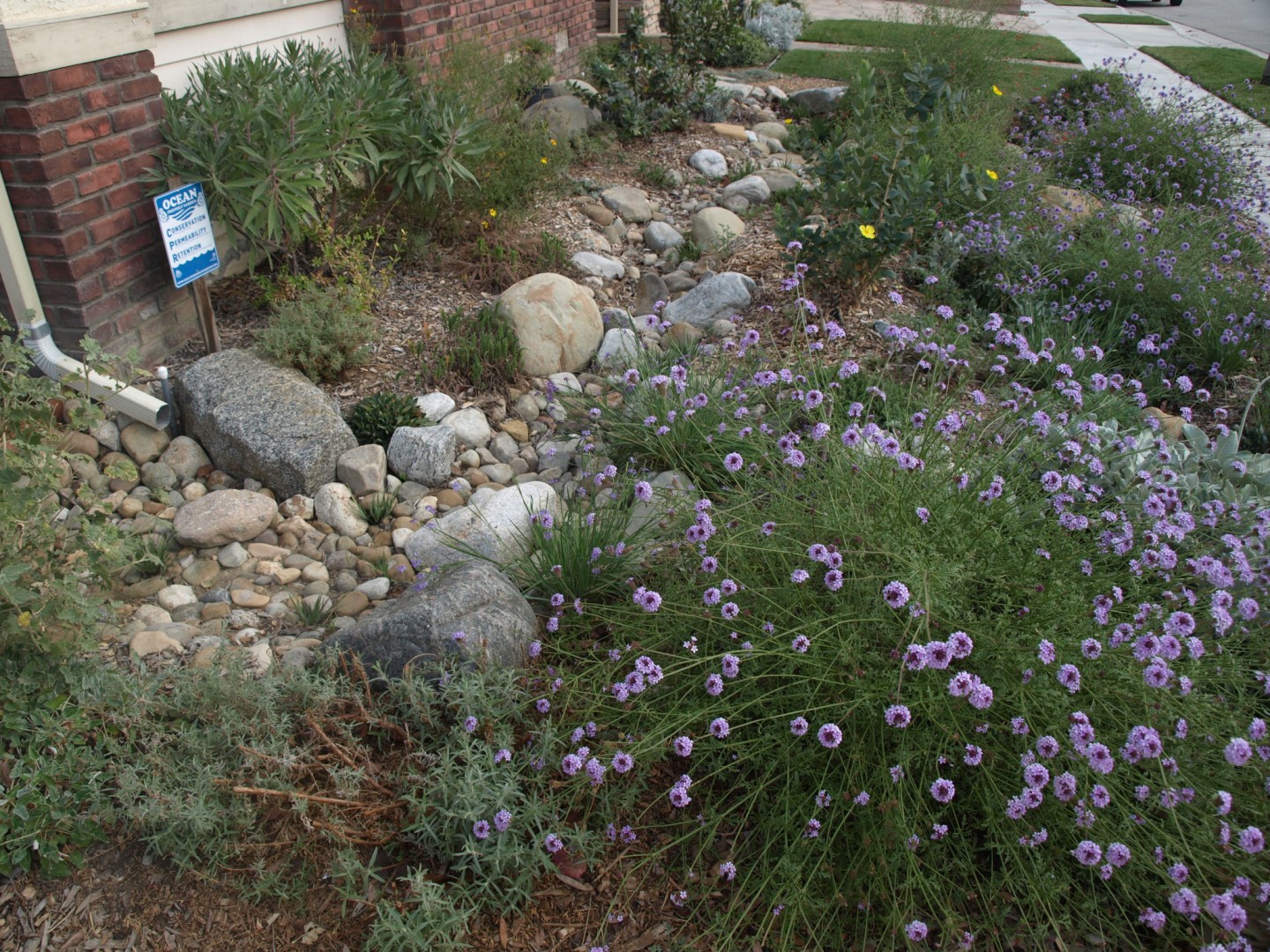
The Surfrider Foundation’s mission is the protection and enjoyment of the world’s ocean, waves and beaches. So………
Why is Surfrider promoting water conservation?
It’s simple. How we treat our freshwater resources on land, affects water quality downstream at the beach and the health of our coastal ecosystems. Through our Clean Water Initiative, Surfrider is taking an integrated, watershed-based approach to protect local water supplies and prevent pollution from reaching our ocean, waves and beaches.
It is pretty easy to draw a connection between water use, or over-use, and water quality at the beach. All of our homes are either connected to individual septic systems or sewers that direct our household wastewater, or all the water we flush down the drain, to sewage treatment plants for treatment and disposal. Both systems operate best when they are not overloaded with water and waste. When septic systems fail, bacteria, viruses and problematic nutrients like nitrogen and phosphorous, seep into the groundwater, local waterways, and eventually downstream to the ocean. These pollutants harm aquatic ecosystems, causing nuisance and harmful algae blooms, and threaten public health through contamination of drinking water and surface waters where people like to recreate.
Likewise, sewage treatment plants can get overwhelmed during times of peak water usage or during even small rain events if the local sewer infrastructure is old and failing or if the community is serviced by a combined stormwater and sewer system, as many older cities are. Overloaded sewer systems impair a plant’s ability to treat wastewater and can result in the discharge of only partially treated effluent into the ocean or local waterways.
Basically by reducing the amount of water we send down our drains every day, we can also cut down on the total amount of wastewater that we have to treat, and we can support properly functioning waste treatment systems. This is how conserving water in our homes helps to protect local water quality. For instance:
- Turn off the tap while you shave or brush your teeth.
- Install low-flow showerheads and toilets.
- Fix any leaky plumbing. A single leaky toilet can waste as much as 200 gallons of water per day.
It’s even more important to stop wasting water outdoors. Landscape irrigation accounts for 30-60% of the average household’s daily water use. Much of the water we apply to our yards can end up wasted, as excess and misdirected irrigation runs into the street, picking up pollution and bringing it into storm drains, creeks, and eventually the ocean. Stormwater and urban runoff are the number #1 cause of beach closures and swim advisories in coastal towns and cities across the country.
The good news is that solutions to keep polluted runoff from fouling our coastal waterways and ocean are easy to implement. Instead of maintaining water-thirsty and runoff-generating turf lawns, the Surfrider Foundation’s Ocean Friendly Gardens program is helping local communities take simple steps to create beautiful landscapes that can sponge up rain and help clean polluted runoff.
Ocean Friendly Gardens also reduce flooding, recharge local groundwater supplies and stream flows, filter pollution, and absorb carbon from the atmosphere. Here are some ways you can make your yard more “Ocean Friendly” and help protect clean water at the beach:
- Direct your rain gutters and downspouts into your landscape to use rainwater as your first source of irrigation. If you use a rain barrel, make sure to direct the overflow into the landscape and not onto a driveway and out to a stormdrain.
- Replace thirsty turf grass with native plants that can survive under local rain conditions and don’t require synthetic fertilizers or chemicals.
- Apply compost and mulch to your garden and yard to help build healthy soil that can absorb more rain and hold it for your plants’ use. Active soil microbes also help clean up pollution and hold onto carbon that plants absorb from the atmosphere.
Learn more about what can be done by individuals and communities to stop wasting and polluting water by watching the Surfrider created film, The Cycle of Insanity.

